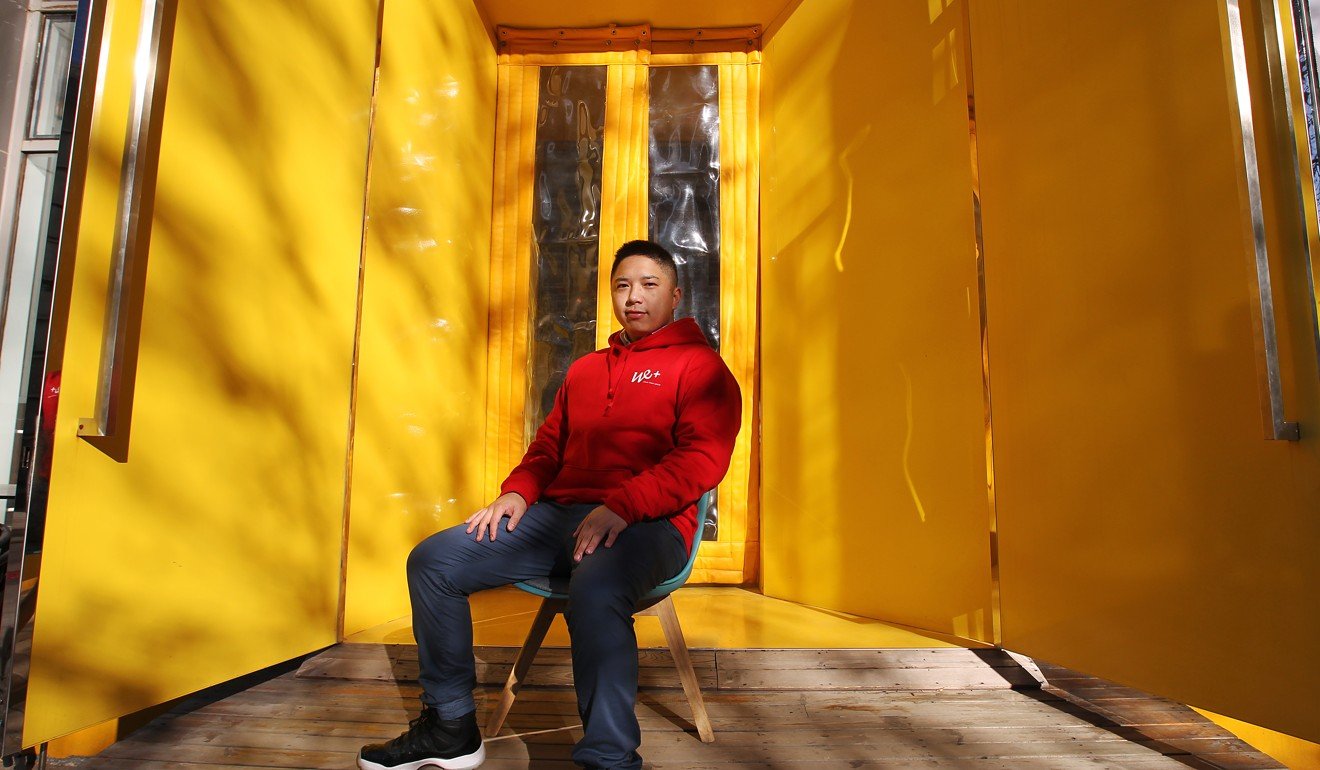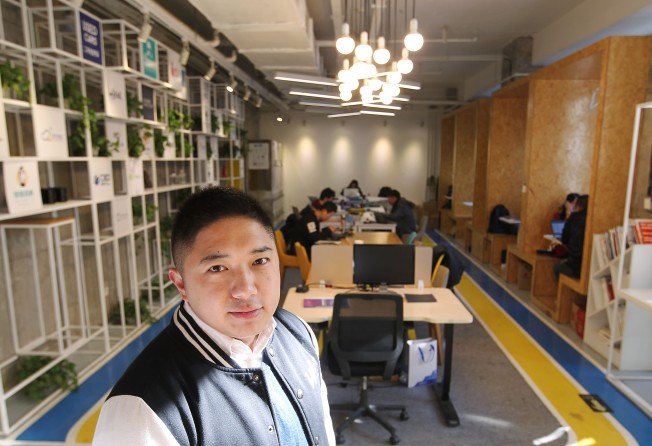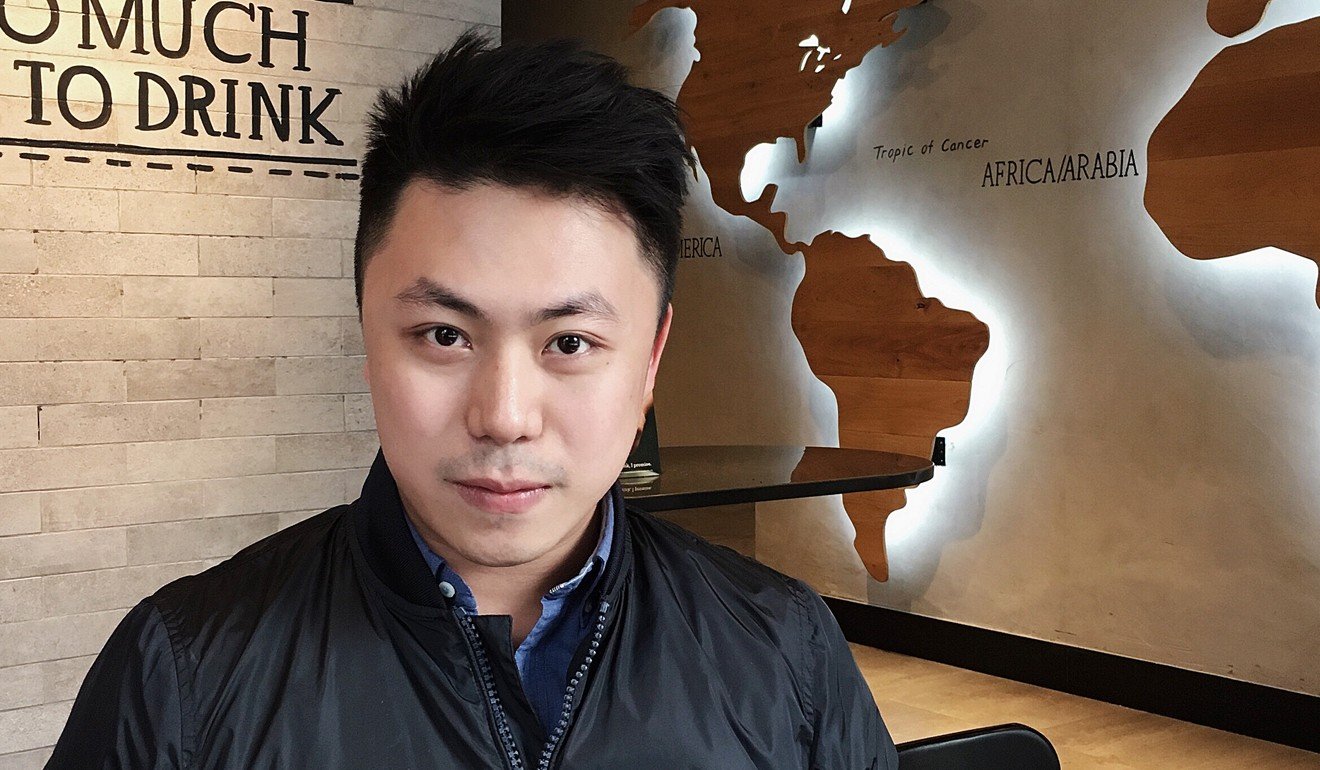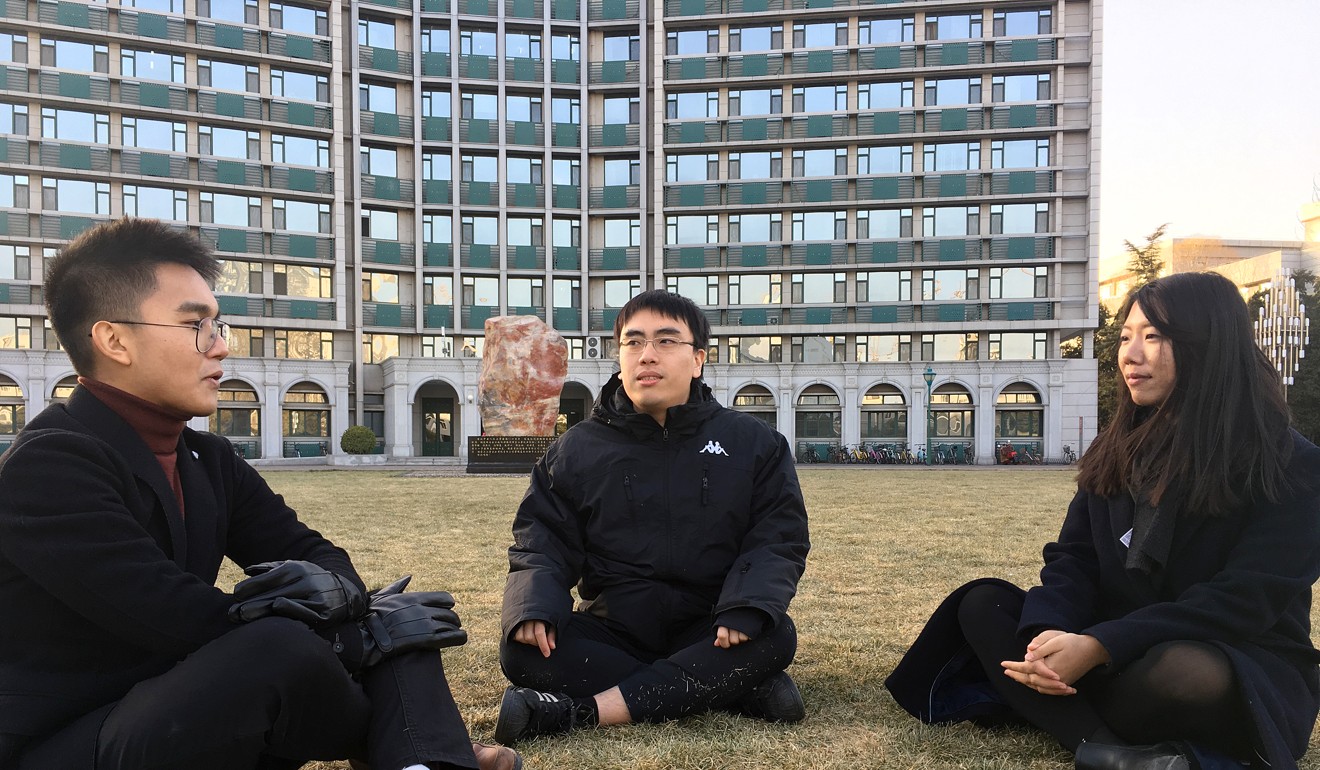
Will new perks spur more Hongkongers to study and work on the mainland, despite the pitfalls?
After her maiden duty visit to Beijing in December, Hong Kong’s leader Carrie Lam Cheng Yuet-ngor announced a slew of goodies she received from mainland authorities that would, among other things, make it easier for Hongkongers to study and work on the mainland. We look at the potential benefits and pitfalls on the road to the city’s integration into the mainland.

In a few years, Hong Kong entrepreneur Sampson Ho will be faced with a decision possibly more challenging than any other he has ever made while building his business empire in China: which school should he send his son to in Beijing?
The 34-year-old co-founder of one of China’s leading co-working space firms is limited to just a handful of options because his son is a Hongkonger by birth.
He could enrol the boy, now aged one, in the Canadian International School of Beijing’s kindergarten programme for about 165,000 yuan (US$25,390) a year, or roughly three years’ wages for a restaurant waiter in Beijing.
He could also get his son into the International School of Beijing, but that would cost 20 per cent more or 201,570 yuan a year.

Currently, the Chinese government bars Hongkongers from studying in public schools in the mainland – except in Shenzhen under a new policy launched last year – effectively limiting Ho’s choices.
As a well-off entrepreneur, Ho would have no problem forking out a hefty sum to educate his son.
“But not everyone can afford that,” Ho said matter-of-factly.
Indeed, for other Hong Kong professionals and businessmen, the thought of having to pay an arm and a leg for their children’s education could deter them from staying on the mainland to grow their careers or make that first pot of gold.
But Ho’s options for his child’s education – and that of others in his situation – could well be undergoing a sea change soon, with new plans being worked out by mainland authorities.
Following Hong Kong leader Carrie Lam Cheng Yuet-ngor’s duty visit to Beijing last month, she announced a slew of “goodies” that was music to the ears of Hong Kong entrepreneurs and students. Lam made the announcement after China’s President Xi Jinping praised her for having a “good start” in office and for “fostering stability” in Hong Kong.
She revealed that the Chinese authorities had agreed to: allow more Hong Kong children to study in public schools, let more Hong Kong students graduating from mainland universities find jobs by issuing them employment report certificates, and give Hongkongers working on the mainland the opportunity to contribute to a fund that helps them own property.
“Goodies” to speed up the integration process
The policies were seen as moves to speed up the integration of Hong Kong with mainland China, after Britain handed the city back to Chinese rule in 1997 after 150 years.
Under the “One Country, Two Systems” governing formula, Hong Kong is allowed a high degree of autonomy until 2047, even though incidents such as the missing booksellers saga in 2015 sparked fears about the erosion of such freedoms.
Ho moved to the mainland in 2007 before founding WEPLUS two years ago. He is among the Hongkongers who have fully embraced life on the mainland, so much so that he would consider sending his son to a public school there.
Ho said he had studied at international schools and public schools in Hong Kong.
“My experience at public schools in Hong Kong helped me understand more about the city so that I don’t live in a castle in the air.
“I would consider a public school on the mainland for my son. That’s because you can learn more about the way the typical Chinese grow up in. It might not be a bad thing,” he said.
Since it was founded, WEPLUS has raised 200 million yuan and has 55 co-working spaces across China, one in the Finnish capital of Helsinki, and another one in San Francisco in the United States.
“In the past, most of the Hong Kong people who came to mainland China were professionals. They were relatively well-paid. Now, under this new policy, more Hongkongers from different backgrounds could come and work on the mainland.”
However, not everyone in Hong Kong has embraced China the way Ho has. A survey published by the University of Hong Kong’s Public Opinion Programme last month showed that the number of young people in the city who considered themselves Chinese was negligible.
The respondents were asked to make a choice about their identities among “Hongkongers”, “Hongkongers in China”, “Chinese” and “Chinese in Hong Kong”.
Only 0.3 per cent in the age group of 18 to 29 picked “Chinese”, compared to 69.7 per cent in the same age group who chose “Hongkonger”.
A small group of activists have also called for Hong Kong to be independent from China, while others have snubbed the “goodies” offered by Beijing.
Despite the dissenting voices, others are cheering the new policies. Terence Lin Chiu-fai, director of the Beijing Institute of Hong Kong and Macau Scholars, said his close friend, 34, whose 28-year-old wife is from the mainland, is among them.
The couple fell in love while studying in Britain and upon graduation, had to make a tough decision: whether to live in Hong Kong or on the mainland.
Lin recounted that they initially decided to stay in Hong Kong, but the woman failed to get a work visa and spent a year jobless. Out of frustration, they moved to Beijing, found jobs and had a child, who is now five.

But as the child is a Hongkonger, he would not be able to attend school in the Chinese capital. He now lives with his grandparents in Hong Kong and his parents return to the city to see him every weekend.
“Luckily, they are well-off enough to afford that,” Lin, who heads the think tank set up by Hongkongers and Macanese who graduated from mainland universities, said.
Leaving home for a better future
This summer, Hong Kong students graduating from mainland universities are expected to receive employment report certificates to help them secure jobs though it is still unclear when Hong Kong children would be allowed to study in mainland public schools.
According to Hongkongers who have studied on the mainland, the certificates are documents that every mainland student has. They contain information such as teachers’ comments and grades. With the documents, employers would know the backgrounds and qualifications of their candidates easily.
But a mainland university degree is no guarantee of a job. Some Hongkongers have complained that employers would rather hire mainlanders who understand local business culture better. Others have ended up returning to the city, pursuing jobs that were not what they had initially expected.
Still, with the mainland economy going strong, the number of Hong Kong Diploma of Secondary Education pupils applying to mainland universities with their public examination results was the highest last year in five years, making up 4.2 per cent of all candidates.
Mainland students, meanwhile, have flocked to Hong Kong’s tertiary institutions since the 1997 handover, accounting for 76 per cent of non-local university students in the 2015/2016 school year.
Kingstein Ng Shu-king, 28, is among those who chose to pursue his degree on the mainland.
In 2009, Ng travelled 1,500km to attend Shandong University, which not many in his home city had heard of.
Ng decided to pursue a sociology degree at Shandong University and when he got there, he was one of six people from Hong Kong and Macau at the institution.
Like many other Hong Kong teenagers studying on the mainland, his first challenge was to improve his Mandarin.
“I remember the time when I did my first presentation in front of my classmates. When I was done, they asked me: what was it you actually said?” he recalled.
He did doubt his choice of school when he was due to graduate in 2013, after seeing his seniors from Shandong not able to land the jobs that they wanted. But after pursuing a master of public administration at the prestigious Peking University, Ng is now an investment manager at an asset management company in Hangzhou.
Ng said he heard from mainland employers that they found hiring Hongkongers “very troublesome” because of the additional paperwork that was needed.
In Ng’s case, he had to handle his own paperwork and it took him two months to get his work permit and other documents. To register himself as a mainland resident, he needed to get documents from his landlord and visit the local police station, while his mainland counterparts just needed to register themselves via the local police’s WeChat account.
Hoping for a smoother transition
Kiki Cheng Wun-man, 23, is set to get an employment report certificate when she graduates from the prestigious Tsinghua University this summer. But she wants something more – a mainland identity card that she said would help Hongkongers make a smoother transition into life on the mainland.
A Beijing Institute of Hong Kong and Macau Scholars survey of 310 Hongkongers and Macanese who were still studying at or had graduated from mainland universities found that 8 in 10 wanted to stay on after completing their degrees. But fewer than four in 10 ended up doing so.
Cheng said she felt the working environment on the mainland was not “women-friendly”.
“It has not been very smooth for my friends at least,” she said.
“If a company has a choice between a man or a woman who possesses a similar level of qualification, [my sense is that] the company would likely pick the man,” Cheng added, suggesting that this was due to the social norm that women should get married in their early 20s or else they would be considered “leftover women”.

She and Ng also agreed that the maternity leave entitlement of 14 weeks for women could also prejudice employers against them.
Kelvin Lam Tsz-kam, a final-year student at the Renmin University of China in Beijing, is decidedly more hopeful.
The 21-year-old said he had not decided on his next steps after graduating in the summer and acknowledged it might be difficult to score a job on the mainland.
“My (Hong Kong) friends have had problems looking for jobs in the mainland.
“But I hope that, as improvements are being made to make it easier for companies to hire Hong Kong people, I might face a much better situation when I graduate.”